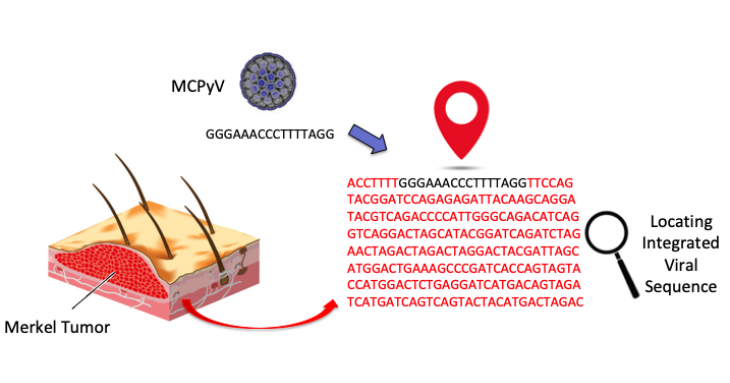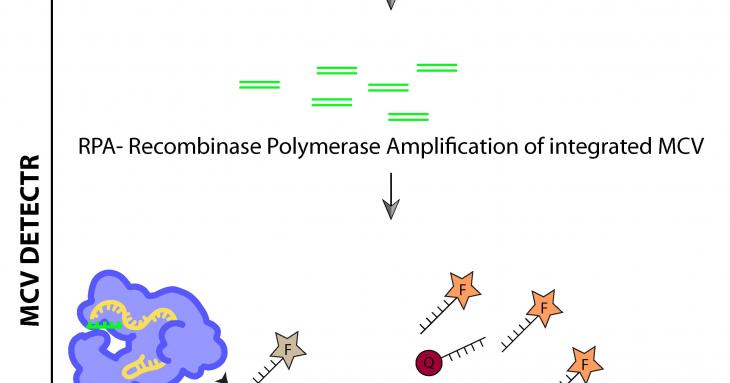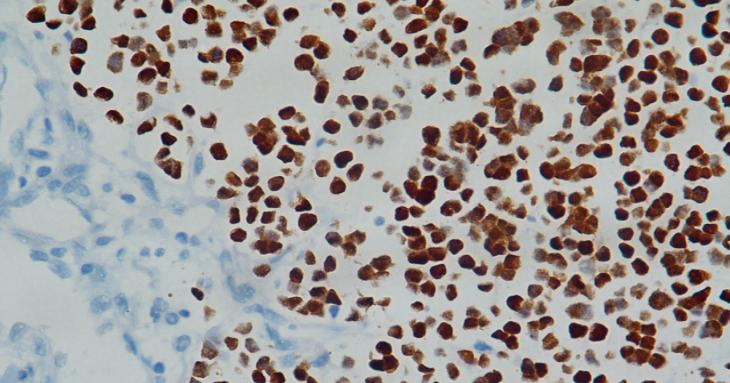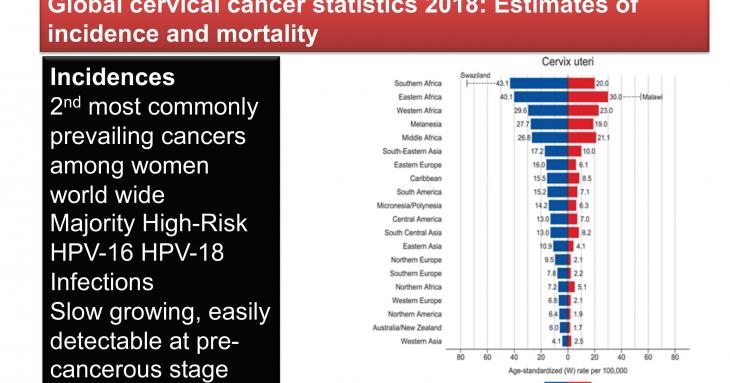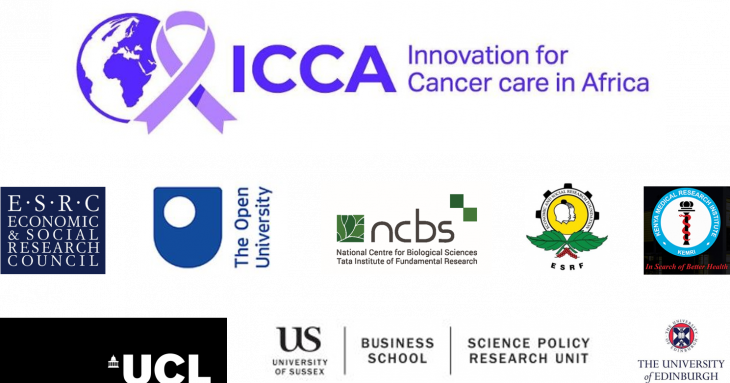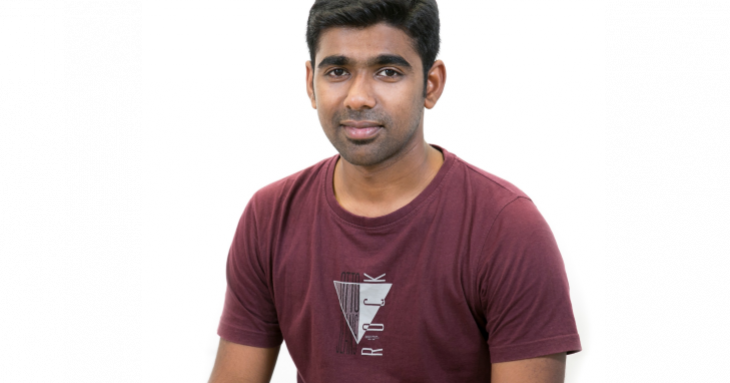-
Seeking the location of MCPyV Integration in Merkel Cell Tumours
Rare diseases are rarely studied in-depth, and rare cancers even less. Tackling this deficit of information, and understanding one rare, aggressive cancer has become the focus of research for Dr. Reety Arora at the National Centre for Biological Sciences. With collaborators at the ACTREC–Tata Memorial Centre and the University of Michigan, Dr. -
First-ever study in India investigates a rare type of cancer caused by a virus
In the first-ever study from India, researchers at the National Centre for Biological Sciences (NCBS), Bengaluru and the Tata Memorial Hospital,
-
NCBS researchers develop test to detect a virus in cancer cells
Scientists from the National Centre for Biological Sciences (NCBS), Bangalore, have developed a test to detect the presence of Merkel cell polyomavirus (MCV) in Merkel cell carcinomas.
-
Tumor of the touch cells: A first-of-its-kind study in India
The cause of a disease often affects its treatment plan. The need to fill this gap in our understanding of disease biology is further exaggerated in the case of ‘rare’ diseases.
-
25 years of learning to combat cervical cancer
According to the World Health Organization, cervical cancer is the fourth most common type of cancer affecting women worldwide. Currently, early screenings of pre-cancerous tissues and vaccination have proven to be the most effective treatment strategies. However, the lack of such interventions in developing nations has led to its high occurrence. Among the South East Asian nations alone, India has the highest incidence rate of cervical cancer.
-
Bengaluru team inches closer to cancer cure?
A group of Indian researchers has created a mouse model to study bone marrow and blood disorder that could aid in finding a cure for blood cancer (leukemia). This is collaborative work by the Inamdar lab at JNCASR and NCBS in Bangalore, with RIKEN CDB, Kobe Japan.
-
How your immune system uses chaos to prevent disease
New research, appearing in the journal Nature Communications, reveals a new mechanism that is at play in cellular function.
-
NCBS welcomes new faculty member: Sabarinathan Radhakrishnan
The National Centre for Biological Sciences is pleased to welcome Sabarinathan Radhakrishnan, who joins the Centre as its newest faculty member.


